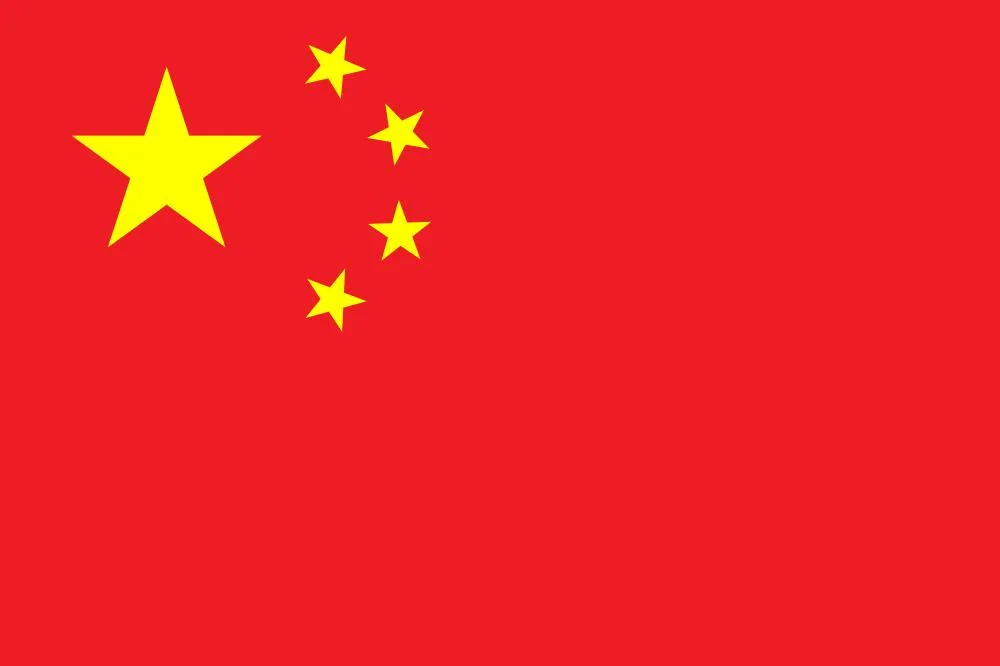Beijing’s increasing inroads into South Asia has been deemed by many political analysts as an intrusion led by its hegemonic tendencies and inspired by its aggressive approaches in its other neighbouring regions.
In the past decade, China has fostered greater party-to-party ties in order to enhance its presence within the political class of the region along with enticing countries in the region with unviable financial loans.
The Chinese Communist Party (CPC) has utilized its associations with political parties to gain significant economic leverages irrespective of the party in power.
This has also enabled it to bypass traditional state-to-state diplomatic channels and establish ideological connection with foreign political elites.
The Chinese approach in South Asia has been nothing short of a strategy that undermines democratic processes.
China’s intrusion into South Asian politics and economy must therefore be of critical priority in terms of needing a coordinated solution.
By providing financial and ideological support to specific parties, China has the leverage to sway political outcomes in its own favour and erode the sovereignty of South Asian countries.
Economic hegemony and Political influence
Not only is Beijing seeking to overshadow New Delhi’s traditional influence in the region and as a consequence reduce its strategic advantage, it is also aiming to expand its position as a regional hegemon and project power in the South Asian region.
These ambitions have been quite evident in recent times given that China is also the largest exporter of military equipment to Dhaka and has granted various infrastructure loans to the country in order to buy its influence.
However, Beijing has also failed to act as a reasonable leader in the region due to its incapability of assisting during crises.
Apart from having cemented the roots of economic shocks in the region, China has also restricted itself from assisting South Asian countries in need for economic aid.
China’s flagship project the Belt and Road Initiative (BRI), which has been known for its white elephant projects as well as its debt inducing finances, has burdened South Asian countries with enormous financial losses.
Such vulnerable projects have in recent years created more problems for the host countries than it has solved critical issues the project promised to address.
By advancing economically unfeasible loans to Sri Lanka, Bangladesh and Pakistan, through the BRI, the CCP has also managed to gain a strong leverage over political decisions these countries take.
Be it either agreeing to dock surveillance vessels in their ports or gaining access to critical infrastructure in these sensitive regions, China has expanded its parameters of influence in South Asia exponentially through its strategies.
Countries including Bangladesh, Nepal, Bhutan, Maldives, Sri Lanka as well as India have also been at the receiving end of China’s hegemonic overtures.
From promoting pro-China candidates on social media platforms to providing the candidates’ constituencies with development projects, the CCP’s strategies have diversified significantly in favour of pro-China politicians as well.
This has sent a clear message to the political class in the region- finances will come only in accordance to their pro-China policies.
Additionally, these countries must also exercise extreme caution when negotiating for loan terms, as Beijing has repeatedly offered loans that ultimately harm the recipient country’s economy.
This has also raised various questions of foreign meddling in democratic practices as well as the infringement on sovereignty.
China’s intrusion into South Asian politics and economy must therefore be of critical priority in terms of needing a coordinated solution.
Such ambitions also represent a strategic effort to expand Beijing’s influence and project power in the region.
This approach has significant implications for regional stability and the overall sovereignty of South Asian countries.
Such engagements have only heightened geopolitical tensions with respect to not just the adversarial relations between India and China but also among other nations too.
Thus, in order to prevent interference with democratic processes in South Asia, it is crucial for like-minded countries in the region to establish a common deterrence strategy.
Democratic states should limit Beijing’s economic and political involvement in their domestic affairs, including a complete ban on Chinese funding during election campaigns.
Additionally, these countries must also exercise extreme caution when negotiating for loan terms, as Beijing has repeatedly offered loans that ultimately harm the recipient country’s economy.
Hence a greater strategy of cautiousness must prevail as China carves its way into the region.









Comment